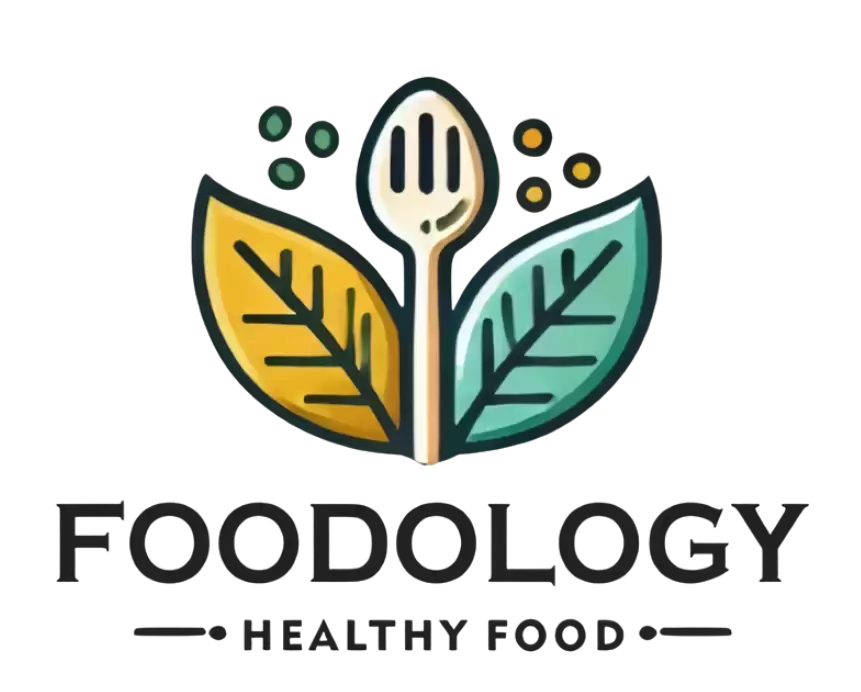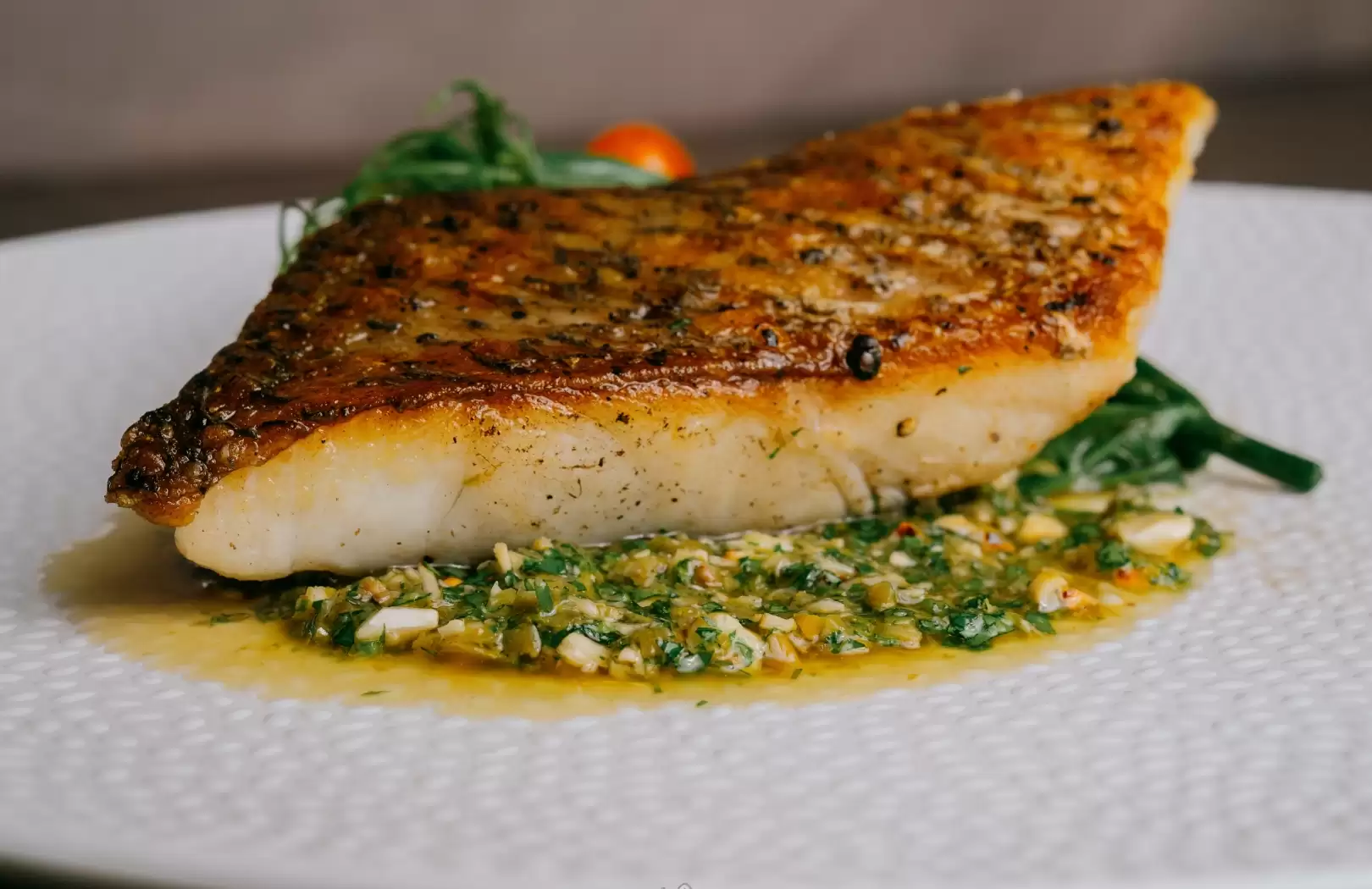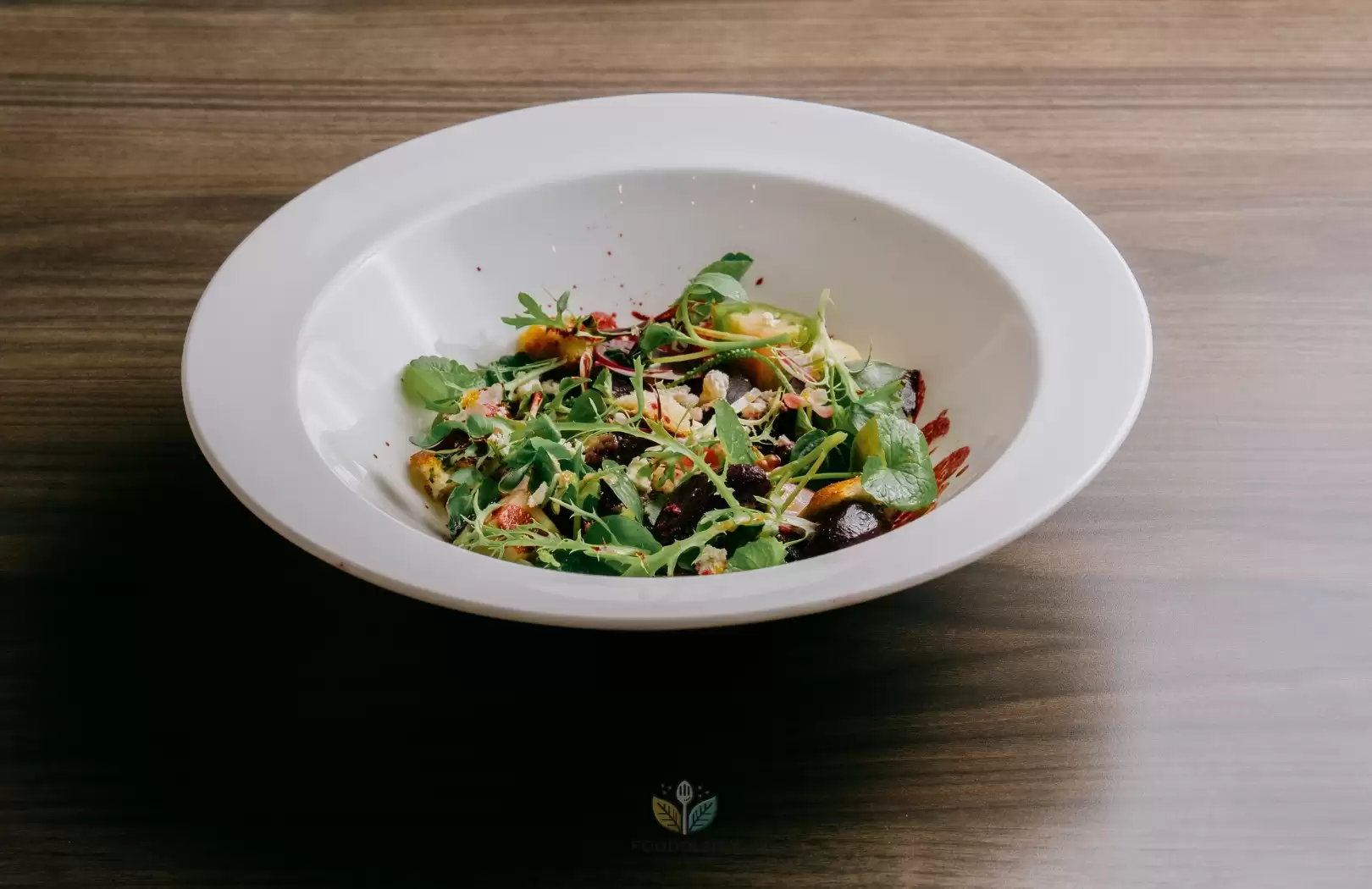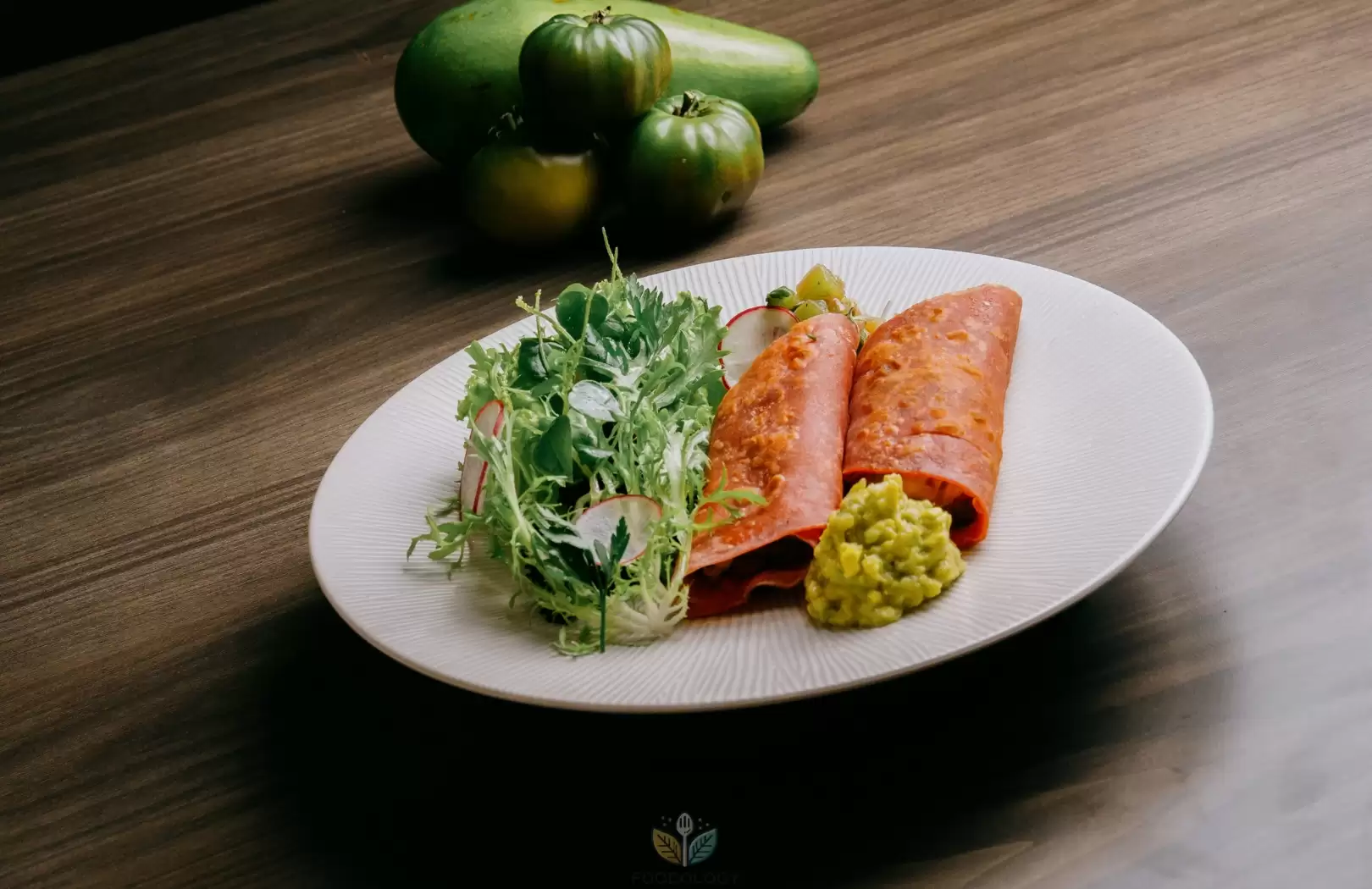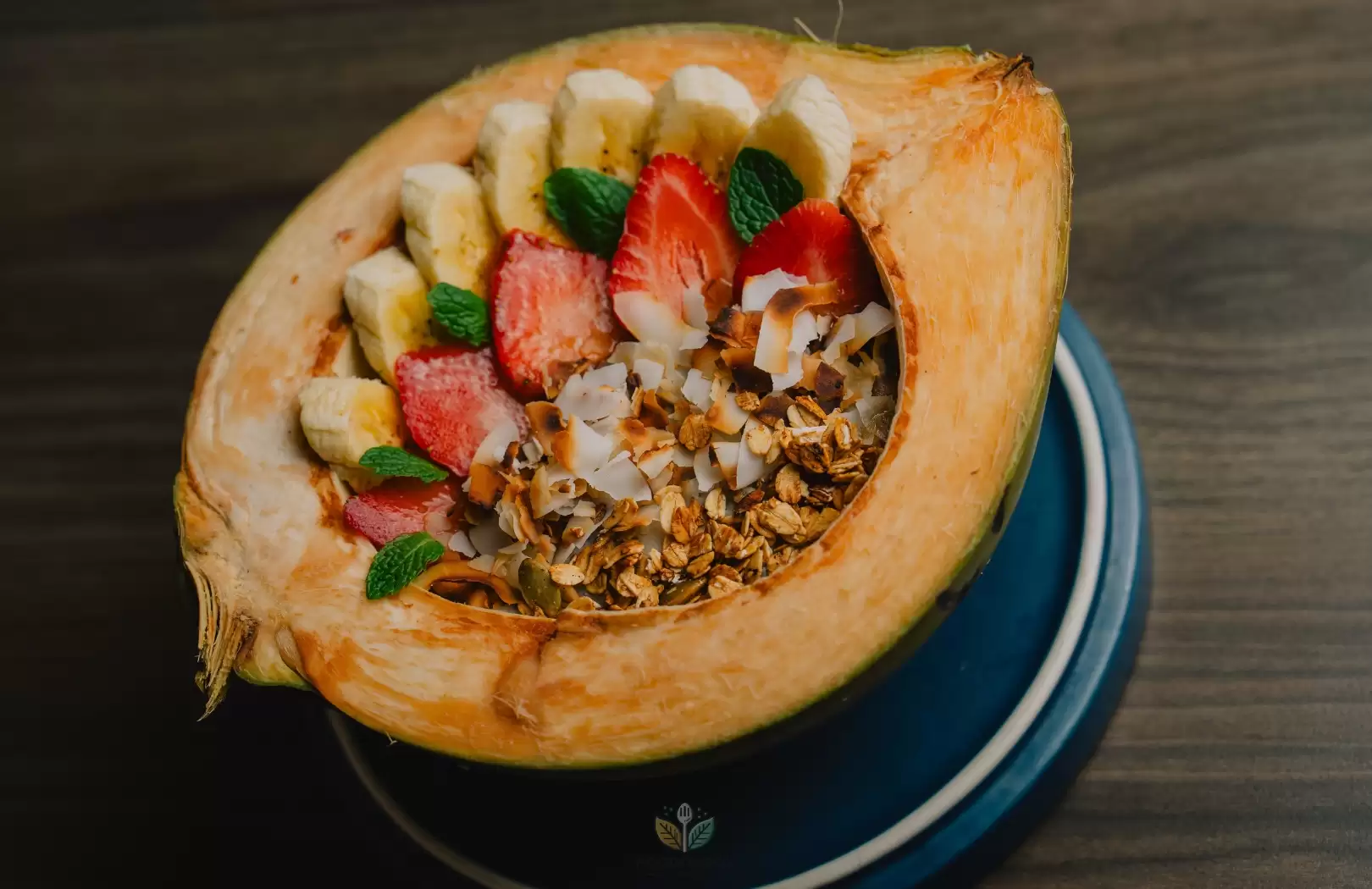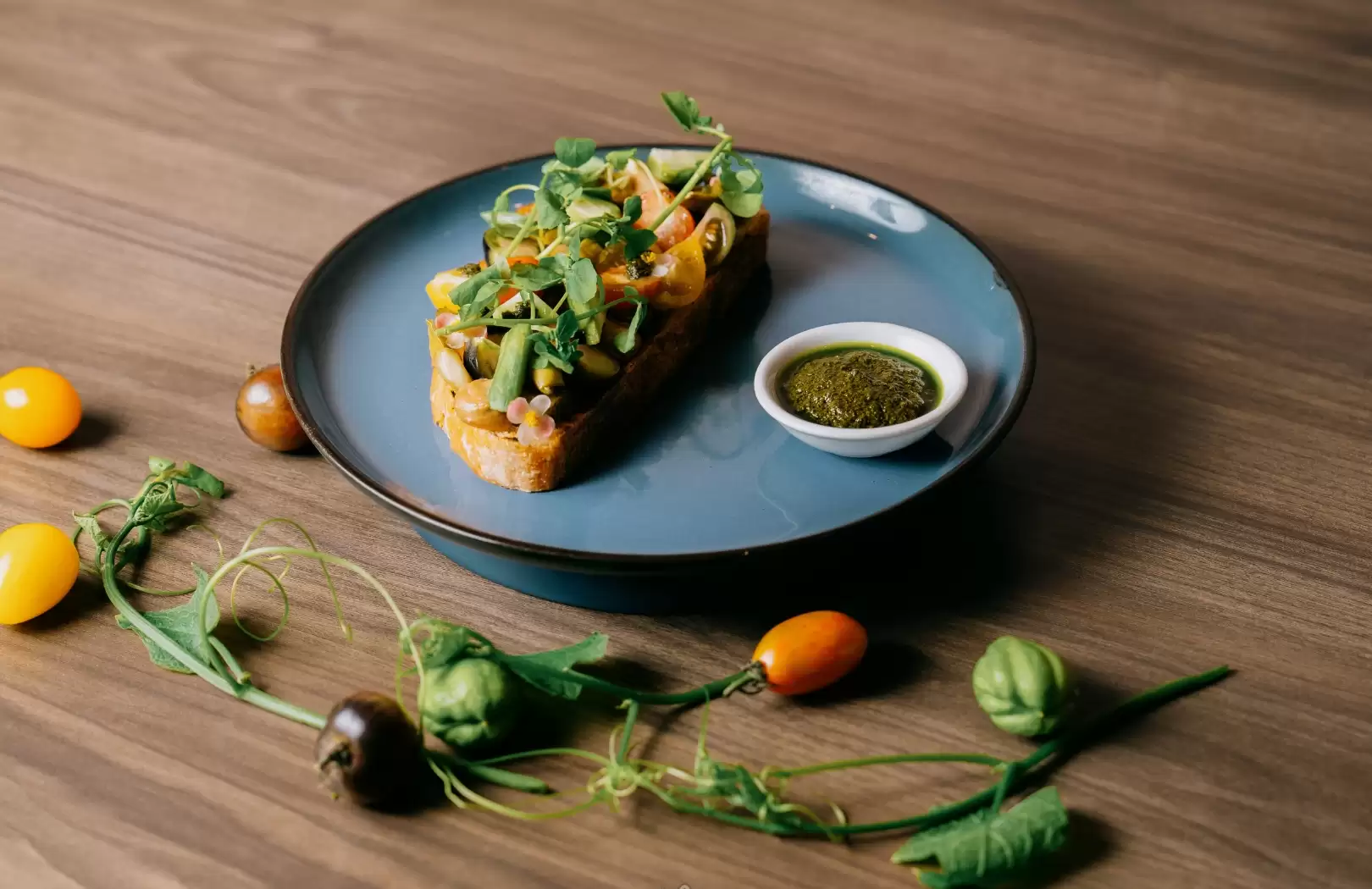How Ubud Inspires Our Menu – A Journey Through Local Ingredients
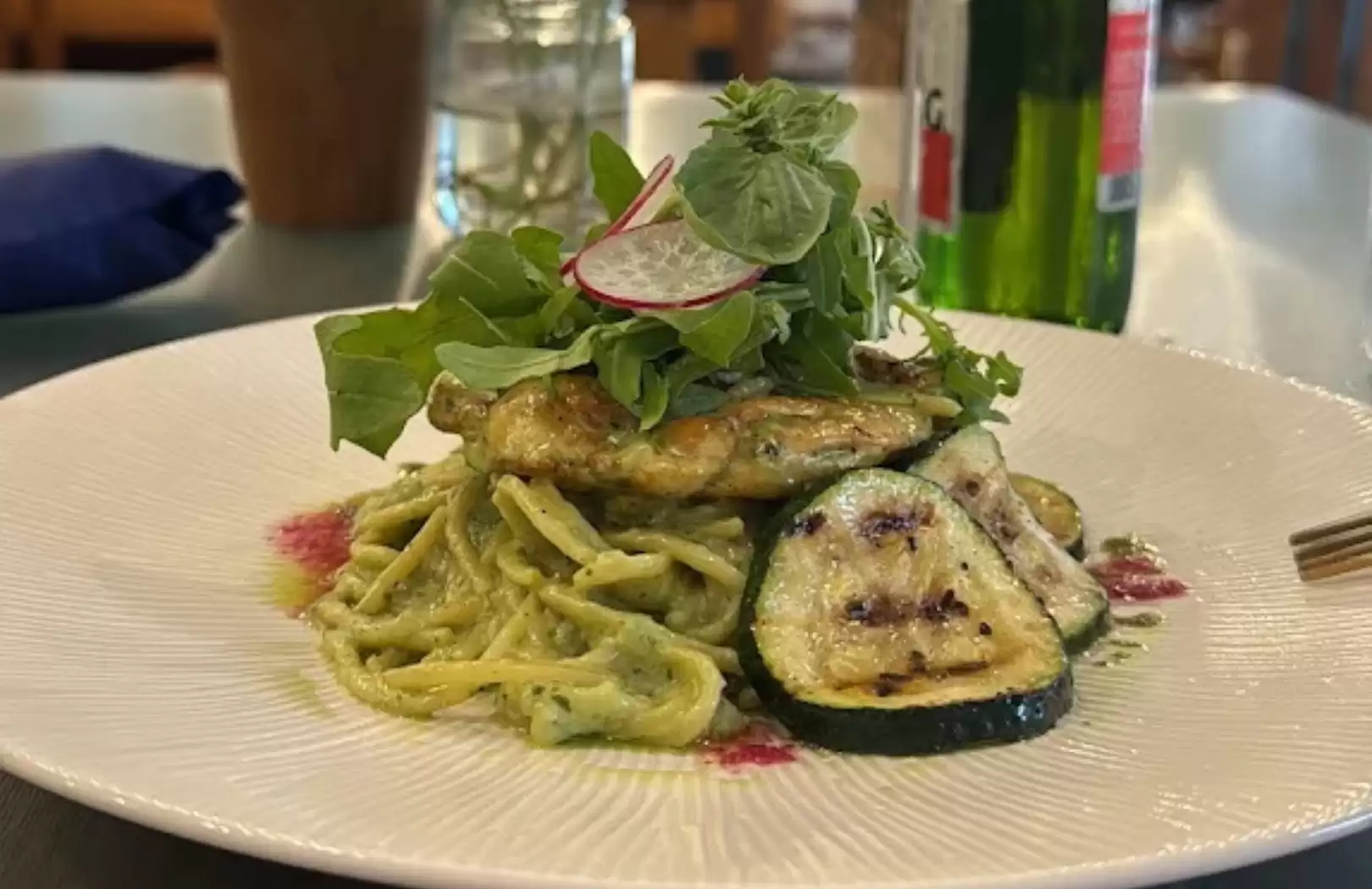
At Foodology Ubud, every dish begins with a question: What does it mean to truly eat well in Bali? For us, the answer lies not only in flavor—but in the people who grow our food, the land that nurtures it, and the spirit of Ubud that infuses every ingredient with meaning.
This is more than a menu. It’s a journey—one rooted in the lush soil of Sayan, inspired by community, and elevated by intention. Let’s take a look at how Ubud’s essence shapes everything we serve, one ingredient at a time.
The Ubud Philosophy: Slow, Seasonal, Soulful
Ubud is more than a destination—it’s a mindset. It’s about slowing down, living with purpose, and being present with every detail of life, especially what we eat. At Foodology, our philosophy mirrors this rhythm. We believe that food should not only taste good—it should feel right. That begins with how we source it.
We work closely with local farmers and markets in Gianyar and Tabanan, choosing produce that’s in season, organically grown when possible, and harvested with care. We don’t look for perfection in appearance—we look for authenticity in taste.
You’ll find that spirit in every bowl of quinoa salad, every cup of lemongrass tea, every drizzle of coconut oil on our roasted veggies.
Ingredient 1: Local Greens, Grown with Care
There’s something special about vegetables grown in the volcanic soil of Bali. They're richer in flavor, higher in nutrients, and packed with character. Instead of importing foreign greens, we celebrate local varieties like:
- Kangkung (water spinach) – lightly sautéed and served warm in several of our wraps and bowls.
- Daun kelor (moringa leaves) – packed with antioxidants, used in broths or finely chopped into grain bowls.
- Baby mustard and spinach – harvested fresh from permaculture gardens around Ubud.
In our Roasted Veggie Wrap, these greens aren’t just filler—they bring texture, subtle spice, and a direct link to the land.
Ingredient 2: Bali’s Rooted Staples
While the world praises quinoa, Ubud reminds us not to forget its own ancestral grains and roots. Bali is home to incredible local staples that not only nourish, but carry cultural meaning:
- Ubi ungu (purple sweet potato) – used in our vegan bowl bases and desserts.
- Cassava – grated into our gluten-free cakes or roasted as a snack.
- Red rice from Jatiluwih – a fiber-rich heritage grain that replaces imported rice in many of our main dishes.
You’ll taste this in our Stuffed Sweet Potato dish—baked until tender, then filled with curried lentils and garden greens. It’s comfort food, but with an Ubud heartbeat.
Ingredient 3: Citrus and Herbs, Straight from the Garden
Many of our most refreshing flavors come not from fancy imports, but from the herb gardens surrounding our café. Walk just outside our doors and you’ll smell:
- Lemongrass – featured in teas and marinades
- Pandan leaves – adding subtle aroma to desserts
- Kaffir lime & calamansi – used in dressings and detox drinks
- Fresh mint and basil – tucked into wraps or steeped in herbal infusions
Our Lemongrass Iced Tea is a guest favorite—not just because it’s cooling, but because it connects you instantly to the tropics around you.
Ingredient 4: Coconut, in All Its Honest Forms
Coconut is the ingredient that truly defines Balinese cuisine—and we embrace every part of it. At Foodology, you’ll find coconut in more than just desserts:
- Cold-pressed coconut oil – used in roasting, sautéing, and salad dressings
- Fresh coconut water – blended into smoothies or served straight
- Coconut milk – the base of our vegan curry and creamy bowls
- Grated coconut – used as topping for sweet treats and granola
In our Sunrise Smoothie Bowl, coconut milk meets mango, banana, and passionfruit—topped with coconut flakes and raw cacao nibs. It's bright, it’s clean, and it’s deeply Balinese.
Ingredient 5: Bali’s Aromatic Spice Roots
Balinese food is not subtle—it sings. At Foodology, we reinterpret traditional spice blends in a lighter, more contemporary way. Instead of frying, we roast. Instead of overpowering, we layer.
Key spices we use include:
- Turmeric – fresh root grated into rice or steeped into turmeric tonics
- Ginger and galangal – used in broths and dressings
- Shallots and garlic – sautéed in coconut oil for base flavor
- Coriander and cumin – added to slow-roasted meats and plant-based dishes
The result? Meals that are rich in aroma but balanced in body. Our Chicken Shawarma Bowl, for instance, uses a marinade inspired by Balinese base genep spice, softened with tahini and citrus.
Ingredient 6: Ancient Grains Meet Modern Nutrition
While quinoa isn’t native to Indonesia, it has found a natural home in Ubud thanks to the community’s growing interest in plant-based living. At Foodology, we combine it with traditional grains like:
- Bali red rice
- Sesame and flax seeds
- Fermented tempeh (from local soybeans)
This blend appears in our Quinoa Tabouli Salad, where East meets Middle East. It’s crisp, lemony, and one of our best-sellers—especially for wellness-conscious guests.
Ingredient 7: The Unexpected Botanicals
Because Ubud is deeply connected to traditional healing, many of our ingredients have functional purposes as well as culinary ones. We incorporate native botanicals not just for taste, but for balance.
- Rosella (hibiscus) – for iced tea, heart health, and its deep red vibrancy
- Gotu kola – a brain-boosting leaf found in traditional jamu
- Bunga telang (butterfly pea flower) – used to color drinks naturally
These show up in our Herbal Infusion Teas, which rotate with season and supply. They don’t just hydrate—they harmonize.
From Market to Menu: Our Sourcing Approach
Every morning, we send team members to the local market in Ubud to hand-pick fruits and vegetables for the day. This ensures:
- Freshness
- Minimal waste
- Support for local growers
We believe this is what separates Foodology from other cafés. Our food doesn’t sit in cold storage. It’s chosen, chopped, and cooked with intention—often within hours of being harvested.
We also work with small-scale suppliers who focus on regenerative farming. These partnerships mean more than quality—they create impact.
Food as a Daily Ritual
Food in Ubud isn’t just fuel. It’s ritual. It’s medicine. It’s a way to stay grounded in a place that pulses with both stillness and energy.
Our menu reflects that. We design meals that fit into your yoga day, your writing day, your healing day, or your let’s-do-nothing day. No matter who you are or where you're from, Foodology offers meals that feel like they belong here—and make you feel like you do too.
A Final Word: More Than Taste
What we serve at Foodology Ubud is not just inspired by Ubud—it is Ubud.
- It’s in the fragrant herbs that grow near our doorstep.
- It’s in the hands of the farmers at the market before sunrise.
- It’s in the conscious way we combine flavors, choose vendors, and nourish the people who walk through our doors.
When you dine here, you’re not just eating—you’re participating in a rhythm, a landscape, and a story.
